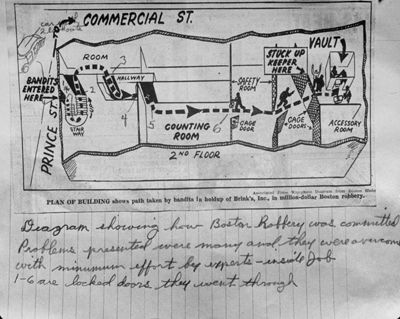What is it that pushes a person to end the life of another person? Does it take a special sort of human to kill, or is there potential in all of us? Does it depend upon situations and scenarios? Are we all born killers who repress our urges, or must we break down social and psychological barriers before we can take a life?
These are questions people have been trying to answer for centuries. There are many different kinds of killers. There are mentally unstable killers who display psychopathic or sociopathic tendencies. These people appear to have limited resistance to killing if they have any at all. Then there are assassins and hit men who kill either for profit or to maintain status within a group. There are those who kill out of self-defense. And there are the soldiers whose job includes killing enemies in combat.
Advertisement
Is there a common element among all these types of killers? Or does each category have its own special circumstances? There's a great deal of debate over the issue. A soldier likely would object to being placed in the same category as a serial killer. But under the surface, assuming the soldier is willing and able to kill an enemy, how is he or she different from someone who kills compulsively?
The subject is difficult to address without either sensationalizing or downplaying the elements involved. The truth of the matter is we have no definitive answers for these questions. But scientists, psychologists, psychiatrists and neurologists have proposed hypotheses for why we might kill.
We'll break down these arguments into two broad categories: nature and nurture. The nature argument suggests that we all possess the ability to kill because we evolved that way.
Advertisement





